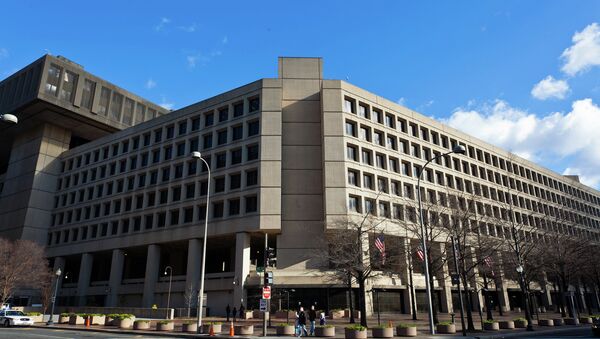“Global threats to the US Homeland have become more complex, challenging the FBI’s traditional orientation as the primary federal law enforcement organization, its change-resistant culture, and its core capabilities,” the report, released on Wednesday, said.
The report attributed the Bureau’s inability to develop strategic plans to a host of solvable issues, including an aversion to change found among FBI senior leaders.
“Some of the problems that complicate the effort to develop such a long-term plan are problems that the Bureau can fix on its own, including the uneven commitment of its leadership to reform,” the report said.
The report recommended that the FBI establish a long-term strategic vision that incorporates divisional planning, drives allocation of resources and develops a rolling multi-year threat assessment.
The FBI will not be able to achieve any of these objectives, however, unless the Bureau’s senior leaders fully dedicate themselves to change, the report underlined.
“Accomplishing all this will be hard in any case, but impossible without a firm commitment from FBI leadership… to accelerate reform,” the report added.
The FBI 9/11 Review Commission was established in January 2014 pursuant to a congressional mandate to conduct a comprehensive external review of FBI intelligence practices.




